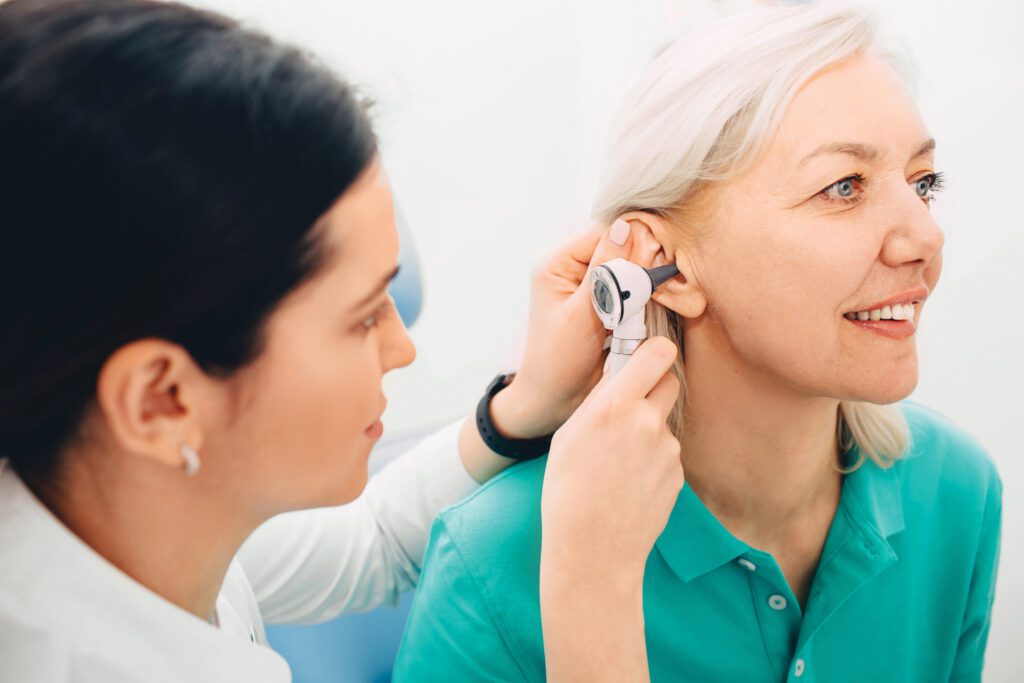The Prevalence of Hearing Loss in Women
As many as one-third of women in their 50s and two-thirds of women in their 60s are facing some degree of hearing loss. Beyond that, the pervasiveness of hearing loss in younger adults, specifically those in their 20s and 30s, is increasing. But while women are statistically more likely than men to admit to hearing loss, the number of women seeking treatment is still surprisingly low. Unfortunately, hearing loss can affect more than just a woman’s ability to communicate – associations can also be drawn between quality of life and common chronic health conditions.

How Hearing Loss Impacts Quality of Life
Hearing loss can impact more than you might think: Your cognition, emotional health, and lifestyle can all take a hit when you can’t hear.
Cognition
Studies have shown that hearing loss is associated with accelerated cognitive decline in older adults. In fact, seniors facing hearing loss are significantly more likely to develop dementia than those who have retained their hearing. This is because the brain hears sound, then organizes and processes it. Without proper hearing, the brain can’t complete these functions efficiently.
Emotional Health
Your emotional health is also likely to suffer if you can’t hear. A loss of hearing can cause women to disengage from social interaction, since it’s hard to understand what others are saying. This can lead to isolation, and an extended withdrawal from family and friends can lead to depression over time.
Lifestyle
Just as with emotional health, a loss of hearing can also contribute to a decline in physical health. Research shows that individuals with hearing impairment perform less physical activity than those with normal hearing. Over time, a lack of physical activity can lead to chronic health issues like obesity, diabetes, and even heart disease.
The Importance of Getting Tested
Fortunately, for women dealing with hearing loss, there’s no need to suffer in silence. Hearing aids can provide immense relief, and there are numerous types available depending on the outcome you desire. To get paired with the appropriate device, visit a hearing professional to get your hearing tested. He or she can determine the type of hearing loss, as well as the degree, and make recommendations based on your results.


